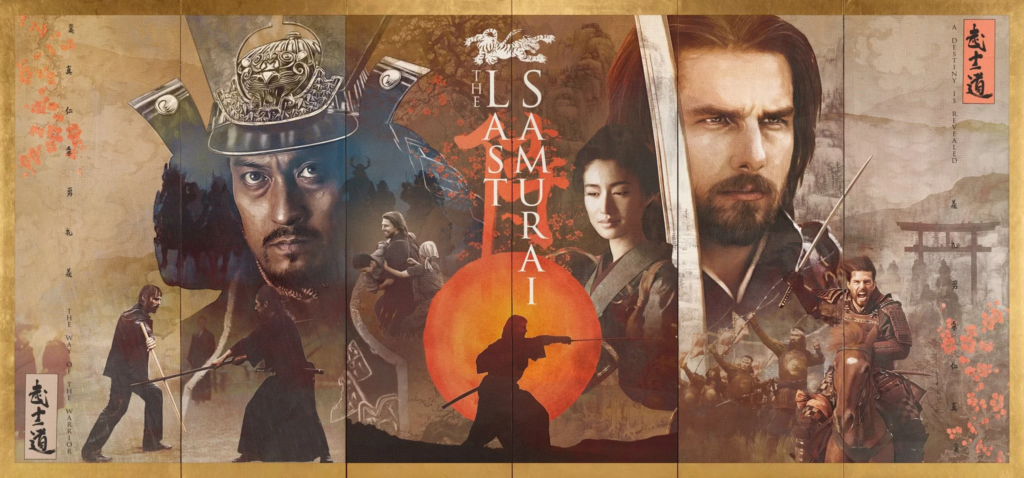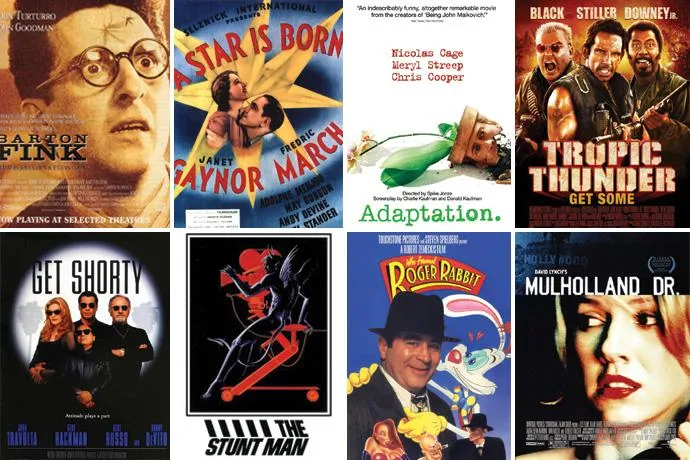Hollywood has always been a hub of cinematic innovation, creating films that capture a broad range of genres, from science fiction to drama. However, it is the historical films that have not only stood the test of time but also helped shape the modern movie industry. These movies, often rich in detail, culture, and historical significance, transport audiences to pivotal moments in history. From epic battles to powerful tales of resistance, historical films have both entertained and educated viewers, all while pushing the boundaries of filmmaking.
Key Historical Movies That Helped Popularize Hollywood
1. Ben-Hur (1959)

One of the earliest and most significant examples of a historical epic, Ben-Hur set a new standard for big-budget productions. Directed by William Wyler and starring Charlton Heston, this film tells the story of Judah Ben-Hur, a Jewish prince who seeks revenge against the Roman Empire. Known for its grand scale and the iconic chariot race scene, Ben-Hur won a record 11 Academy Awards, including Best Picture. Its success showed the potential for large-scale historical dramas in Hollywood, leading to more such films in the following decades.
2. Gladiator (2000)

Directed by Ridley Scott, Gladiator revitalized the historical epic genre in the early 21st century. Starring Russell Crowe as the betrayed Roman general Maximus, the film focuses on revenge and honor in the gladiatorial arenas of ancient Rome. The film’s raw action, powerful performances, and visual storytelling earned it five Academy Awards, including Best Picture and Best Actor for Crowe. Gladiator not only reignited interest in Roman history but also pushed Hollywood’s production values to new heights, showcasing the industry’s growing interest in historical settings and spectacular action sequences.
3. Schindler’s List (1993)

Steven Spielberg’s Schindler’s List is one of the most poignant and powerful historical films ever made. Depicting the story of Oskar Schindler, a German businessman who saved the lives of over a thousand Polish Jews during the Holocaust, the film is an unforgettable portrayal of human suffering and survival. Schindler’s List won seven Academy Awards, including Best Picture and Best Director for Spielberg, and helped raise awareness about the horrors of the Holocaust, marking a pivotal moment in Hollywood’s ability to tackle sensitive historical subjects with depth and sensitivity.
ALSO READ :- https://virenbrew.com/the-creation-of-the-airplane-a-milestone-in-human-innovation/
4. Saving Private Ryan (1998)

Another Spielberg-directed masterpiece, Saving Private Ryan, redefined war films with its gritty realism and emotionally charged narrative. Set during World War II, the film follows a group of soldiers sent to find and bring home Private James Ryan, whose brothers have all been killed in action. The film’s depiction of the D-Day landing in Normandy is considered one of the most intense battle scenes in film history. Saving Private Ryan was praised for its technical accuracy and emotional resonance, winning five Academy Awards, including Best Director. The film’s success solidified Hollywood’s role in creating powerful, historically accurate portrayals of war.
5. Titanic (1997)

James Cameron’s Titanic combined historical events with a timeless love story, creating a global phenomenon. The film tells the tragic tale of the sinking of the RMS Titanic in 1912, through the eyes of Jack and Rose, two passengers from different social classes. While the romance at the heart of the film is fictional, the depiction of the ship’s doomed voyage and the catastrophic sinking was painstakingly recreated. Titanic became the highest-grossing film of its time and won 11 Academy Awards, including Best Picture. Its success proved that historical films could be both educational and commercially viable on a massive scale.
6. The Last Samurai (2003)

Starring Tom Cruise, The Last Samurai is set during the final years of the Samurai in Japan, depicting the clash between traditional Japanese culture and Western influences during the Meiji Restoration. The film highlights the journey of an American military officer who becomes involved in the Samurai cause. The Last Samurai was lauded for its immersive storytelling, stunning visuals, and complex portrayal of a changing Japan. It was a commercial and critical success, paving the way for more Hollywood films to explore historical themes in non-Western contexts.
7. 12 Years a Slave (2013)

Steve McQueen’s 12 Years a Slave is a harrowing adaptation of Solomon Northup’s memoir, chronicling the true story of a free African American man who is kidnapped and sold into slavery. The film’s unflinching portrayal of slavery in 19th-century America won numerous awards, including the Academy Award for Best Picture. It sparked important conversations about racial history in America and demonstrated that historical films could deeply resonate with modern audiences, both in terms of content and relevance.
8. The King’s Speech (2010)

This British historical drama, directed by Tom Hooper, focuses on King George VI’s struggle to overcome his stammer and lead Britain during World War II. Starring Colin Firth in an Oscar-winning performance, The King’s Speech combines personal struggle with historical importance. The film received widespread acclaim for its portrayal of a monarch who faced personal and national crises. It won several awards, including Best Picture, and proved that historical films could also offer powerful human stories at their core.
Conclusion
These historical films not only captivated audiences with their immersive storytelling and stunning visuals but also helped shape the way Hollywood approached historical narratives. From ancient battles to modern-day struggles, these films demonstrated the ability of the medium to transport audiences across time and space. By highlighting key moments in history, they also contributed to the global understanding of significant events, making them both entertaining and educational. The success of these movies has continued to influence the Hollywood industry, paving the way for more epic and historically significant films to be made in the years to come.
Chart: Box Office Earnings of Iconic Historical Films
| Movie | Year of Release | Box Office Earnings (USD) |
|---|---|---|
| Ben-Hur | 1959 | $74.7 million |
| Gladiator | 2000 | $457 million |
| Schindler’s List | 1993 | $322 million |
| Saving Private Ryan | 1998 | $482 million |
| Titanic | 1997 | $2.195 billion |
| The Last Samurai | 2003 | $456 million |
| 12 Years a Slave | 2013 | $187 million |
| The King’s Speech | 2010 | $414 million |
These films not only influenced Hollywood but also contributed to the ongoing legacy of historical storytelling in cinema.
Follow us on INSTAGRAM – https://www.instagram.com/virenbrew/
Follow us on TWITTER (X) – https://x.com/VIRENbrew
Follow us on LINKEDIN – https://linkedin.com/in/viren-brew-230415328/
Follow us on FACEBOOK – https://www.facebook.com/profile.php?id=61565127137999
Follow us on YOUTUBE – https://www.youtube.com/@VIRENbrew

No responses yet